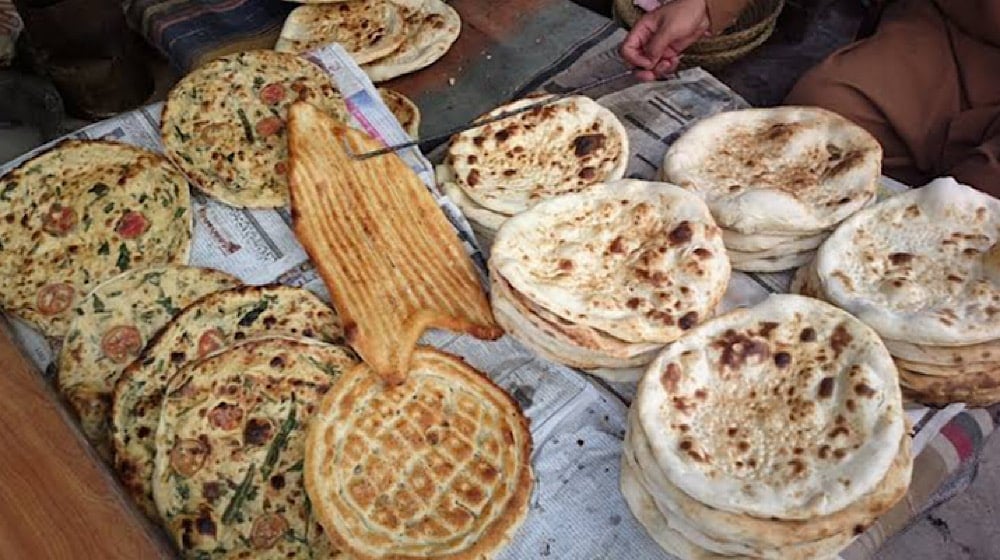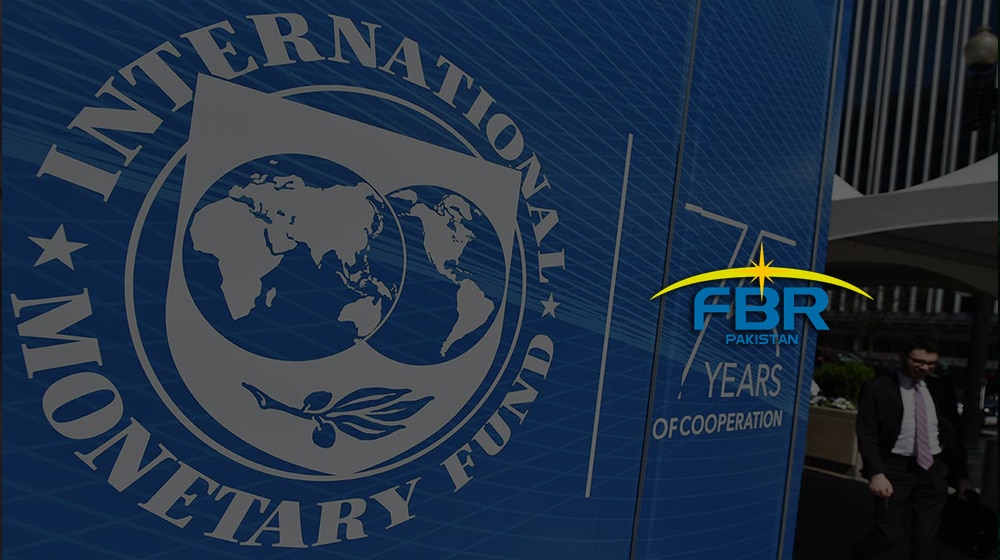The Pakistan Naanbai Association, along with tandoor operators from Rawalpindi and Islamabad, has given the government a one-week deadline to officially raise the prices of roti, naan, and paratha. The demand follows a sharp surge in the costs of essential items such as flour and commercial gas, making it increasingly difficult for tandoor owners to sustain operations at existing rates.
According to Shafeeq Abbasi, the central president of the association, the price of a 40kg sack of regular flour has climbed to Rs. 6,000, while fine flour has reached Rs. 7,200—marking an increase of Rs. 500 and Rs. 600 respectively in just one week. He noted that these prices continue to rise, compounding the financial strain on small businesses.
Additionally, Abbasi highlighted that gas supplies from Sui Northern Gas and LNG have been completely cut off, forcing tandoors to use commercial gas cylinders priced at Rs. 14,000 each. “In this extreme heat, not a single tandoor has access to Sui gas. Everyone is running operations using expensive commercial cylinders,” he stated.
READ MORE:
Air India Flight AI171 Crashes After Takeoff from Ahmedabad with 240 Onboard
He further emphasized that electricity rate hikes, rising shop rents, and increased labor costs, along with price spikes in essential items like ghee, oil, and dry milk, have made it unviable to continue selling affordable bread.
To address the crisis, the association has announced a joint convention of naanbai unions from Islamabad and all Punjab districts in Rawalpindi after Eid ul Azha. At the convention, members will decide whether to raise bread prices officially or begin a full-scale strike and protest. Abbasi urged the government and Deputy Commissioners to step in and set revised, practical rates for bread items. Failure to do so, he warned, would result in the All Punjab Tandoor Owners Convention taking strict action, including the closure of tandoors across the province.
This growing threat of a strike has raised serious concerns about potential bread shortages in the twin cities and beyond, especially amid rising inflation that continues to burden both consumers and vendors.



